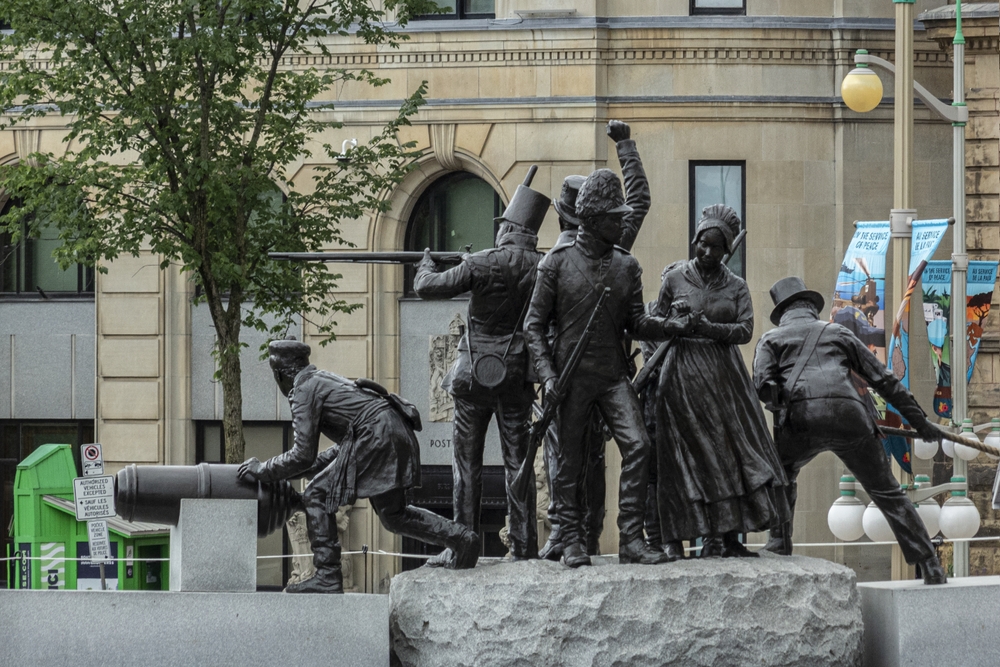Canada’s story is full of quiet victories that no one saw coming. From small-town innovators to unlikely global champions, the country has a way of flipping expectations. These weren’t the kind of wins backed by billion-dollar campaigns or overwhelming odds. They were the surprises, moments where perseverance and ingenuity beat prediction. Some made history, others changed policy, and a few simply made the world smile. Here are 22 Canadian wins that absolutely weren’t supposed to happen.
The Toronto Raptors’ 2019 NBA Championship

At the start of the 2018–19 NBA season, few analysts thought Toronto could win it all. The Golden State Warriors looked untouchable, and Canada had never claimed basketball glory. Yet behind Kawhi Leonard’s calm leadership, the Raptors stunned the world. Leonard’s buzzer-beater against the 76ers became iconic, and the Finals victory over the Warriors united the nation. The parade drew millions, signaling a sports awakening. What began as cautious optimism ended in a defining cultural milestone that made basketball part of Canadian identity forever. It was proof that confidence and chemistry could conquer any prediction.
The Miracle at the 1972 Summit Series

When Team Canada faced the Soviet Union, everyone assumed an easy victory. After shocking early defeats, critics declared the series lost. Yet the Canadians refused to fold. With grit, teamwork, and national pride, they clawed back to tie the series before Paul Henderson’s unforgettable winning goal in Game 8. That single moment sent the country into pure celebration and defined a generation. It wasn’t just hockey; it was a national awakening, uniting communities from coast to coast. What seemed like defeat turned into a timeless triumph that proved persistence and heart matter more than expectations.
The Quebec Maple Syrup Heist Crackdown
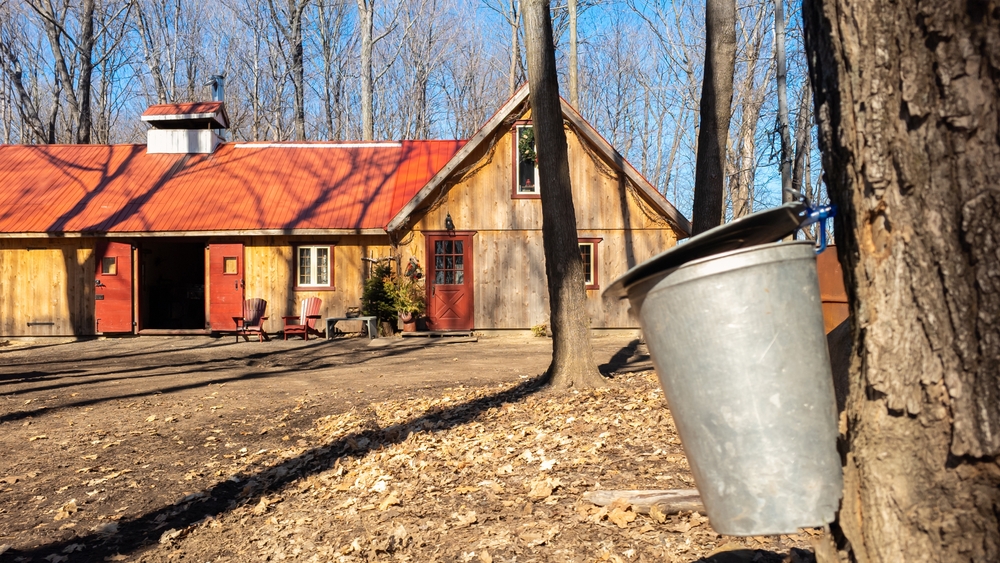
The 2012 Quebec maple syrup heist sounded absurd; thieves stole millions worth of syrup from storage barrels. But the investigation became legendary. With almost 3,000 tons stolen, authorities tracked the sticky trail across provinces and borders. The recovery effort led to arrests, convictions, and global headlines. It seemed like an impossible case to solve, yet Canada’s agricultural regulators turned it into a surprising success. Beyond the humor, it highlighted the syrup industry’s billion-dollar significance and showed remarkable investigative skill. A crime that sounded like comedy turned into an unexpected win for law enforcement and trade protection alike.
The Vancouver 2010 Olympics Gold Rush
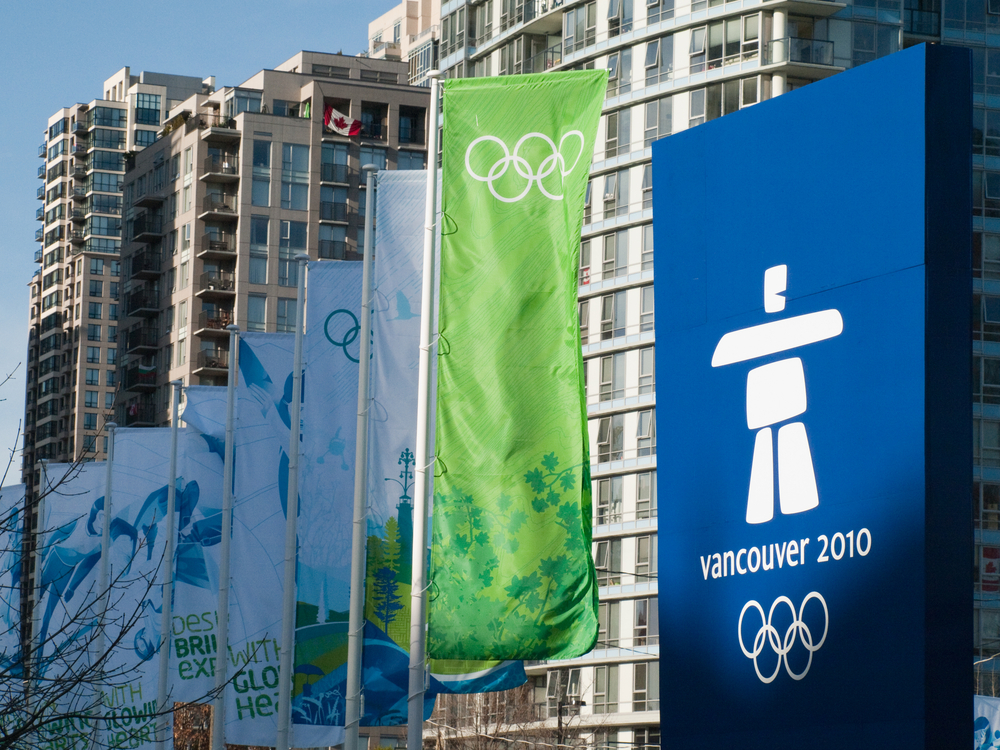
Before the Vancouver Olympics, few thought Canada could dominate. The slogan “Own the Podium” was mocked early on, especially after initial disappointments. But by the end, the nation topped the gold medal count with 14, setting a Winter Games record. Sidney Crosby’s golden goal sealed it, igniting street celebrations across cities. The Games transformed national confidence, proving the host country could excel under pressure. From figure skating to freestyle skiing, every victory deepened pride. What began with skepticism ended in record-breaking achievement, showing that when Canadians aim high, even the world’s toughest stage can belong to them.
The Rise of Shopify from Startup to Empire

When Tobi Lütke launched Shopify in Ottawa, few expected a global impact. Originally built to sell snowboards, it pivoted into an e-commerce platform empowering small businesses. Competing with Amazon seemed impossible, yet Shopify grew into a tech powerhouse valued in the hundreds of billions. Its tools helped entrepreneurs worldwide launch independent stores, shifting digital retail power away from corporate monopolies. What started as a niche Canadian project became a defining global business solution. Shopify’s rise wasn’t luck; it was strategic innovation proving that world-class technology could come from anywhere, even a quiet Canadian startup built on resilience.
The Success of “Schitt’s Creek” Worldwide

When “Schitt’s Creek” debuted on CBC, it was just another quirky sitcom. But its humor, kindness, and inclusive storytelling soon captured international hearts. Led by Eugene and Dan Levy, the show redefined modern comedy with characters that grew, loved, and learned without stereotypes. By its final season, it swept all major Emmy Awards, a first for a comedy series. Critics and audiences alike called it a masterpiece of representation and charm. What began as a small domestic show became a global phenomenon that showcased the strength of Canadian creativity and storytelling on the world’s biggest television stage.
The Discovery of Insulin in 1921
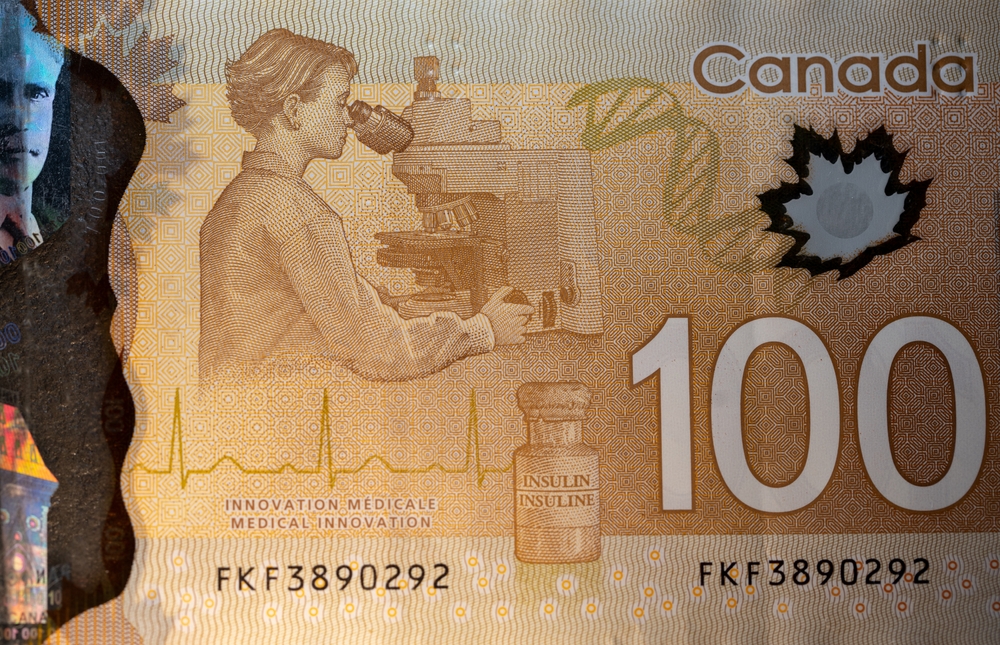
In 1921, Frederick Banting and Charles Best at the University of Toronto achieved what seemed impossible, finding a diabetes treatment. With minimal funding and limited tools, their research led to the discovery of insulin, saving millions of lives. It earned Banting the Nobel Prize and changed global medicine forever. At a time when diabetes meant near-certain death, their determination and scientific brilliance brought hope worldwide. Few believed a small Canadian lab could revolutionize healthcare, yet their discovery remains one of humanity’s greatest medical breakthroughs and an enduring source of national pride for scientific innovation.
The Toronto Blue Jays’ 1992 World Series Victory
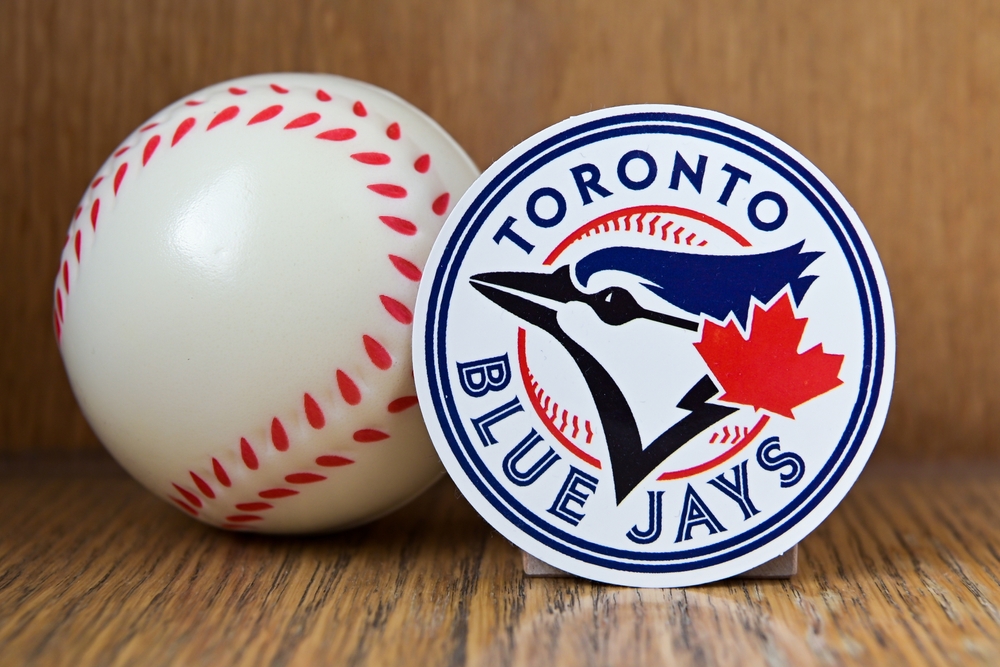
The 1992 Blue Jays faced skepticism from American commentators who doubted any non-U.S. team could win the World Series. Yet Toronto proved them wrong with relentless consistency and talent. Behind players like Joe Carter and Roberto Alomar, the Jays defeated Atlanta, securing Canada’s first Major League Baseball championship. The following year, they won again, cementing history with Carter’s walk-off home run. It wasn’t just a sports victory; it was national validation. Fans filled streets across Canada, waving flags and celebrating as equals on America’s field. Baseball suddenly became everyone’s game north of the border.
The Legalization of Same-Sex Marriage in 2005
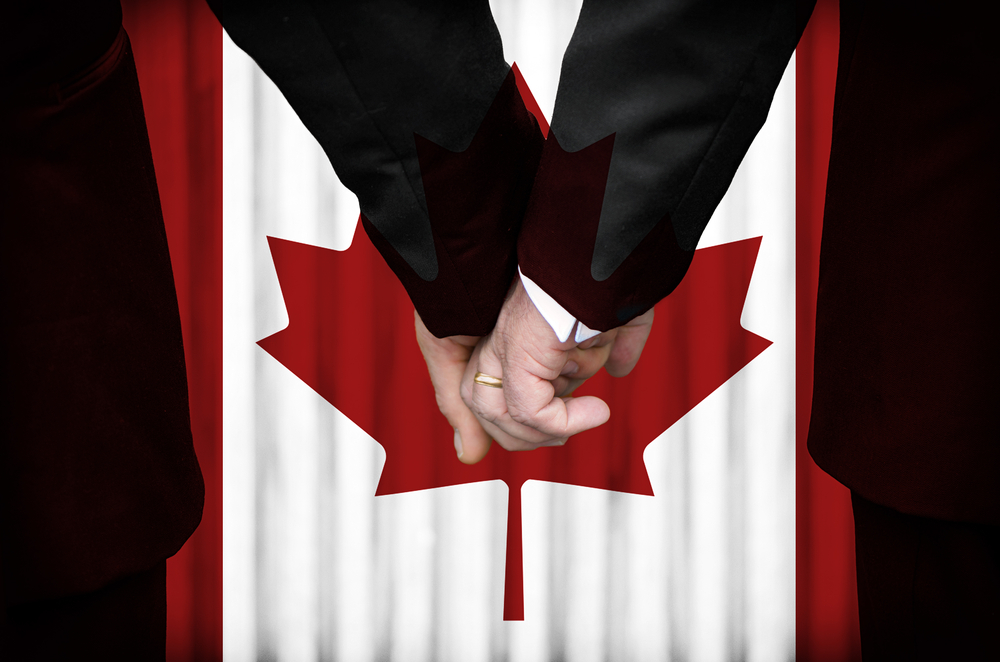
In 2005, Canada became one of the first countries to legalize same-sex marriage, years ahead of many Western nations. Political analysts predicted backlash, but support grew steadily. The decision reflected courage, progress, and empathy. Rather than dividing society, it strengthened equality and influenced policy changes worldwide. For the LGBTQ+ community, it meant recognition and dignity under the law. The world took note as Canada proved that social reform could be peaceful and enduring. What once seemed politically risky became a defining human rights milestone that demonstrated leadership, compassion, and commitment to fairness above fear.
The Rise of Drake as a Global Music Icon

When Aubrey Graham left his acting role on “Degrassi” to pursue music, few took him seriously. Yet through self-funded mixtapes and emotional lyricism, he built a sound that transformed modern hip-hop. Drake’s rise from Toronto to global stardom redefined the city’s identity as a music capital. With chart-topping albums, business ventures, and cultural influence, he became one of the world’s most-streamed artists. Critics who once dismissed him now credit him with reshaping global pop culture. His success story showed that authenticity and consistency could take a Canadian artist to global dominance without imitation.
The Women’s National Soccer Team Olympic Gold
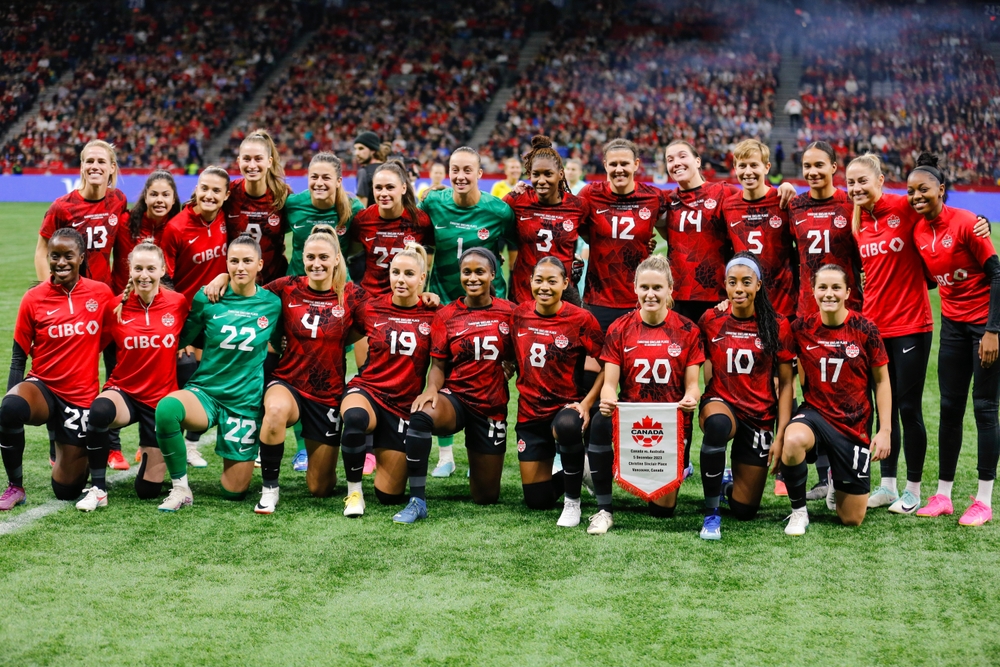
At the Tokyo 2020 Olympics, few expected Canada’s women’s soccer team to reach the podium, let alone win gold. Facing world champions like the United States and Sweden, the odds were slim. Yet through strategy, teamwork, and mental strength, they triumphed in a tense penalty shootout. Captain Christine Sinclair’s leadership inspired the squad and the nation. The victory wasn’t just athletic; it was symbolic of equality, resilience, and pride. From underdog beginnings to Olympic champions, their journey transformed women’s soccer in Canada and proved that persistence and unity could rewrite international expectations spectacularly.
The Newfoundland Rescue During 9/11

When American airspace closed on September 11, 2001, Gander, Newfoundland, unexpectedly became a haven. Thirty-eight planes and nearly 7,000 stranded passengers landed in the small town. Despite limited resources, locals offered homes, food, and comfort to total strangers. For several days, compassion defined every interaction. The town’s kindness earned international admiration and inspired the Broadway musical Come From Away. What began as chaos turned into an extraordinary humanitarian victory, showing the world that community spirit and empathy could prevail even in tragedy. It remains one of Canada’s most heartwarming and defining global moments of unity.
The Success of BlackBerry Before Smartphones Took Over

Before iPhones ruled the world, a small Waterloo company, Research In Motion, created BlackBerry, an email device that revolutionized communication. Few expected it to dominate globally, but its secure system and keyboard design made it essential for professionals. At its peak, BlackBerry controlled over 40% of the U.S. smartphone market and became a cultural icon. Presidents, CEOs, and celebrities used it daily. Although competition later surpassed it, BlackBerry’s innovation paved the way for modern smartphones. What began in a Canadian lab became a technological landmark that proved ingenuity could thrive far from Silicon Valley’s spotlight.
The CFL’s Longevity in a Small Market

For decades, analysts predicted the Canadian Football League would collapse under NFL competition. Yet the CFL survived and even flourished through loyal fans, community engagement, and distinctive gameplay. Its smaller markets and traditions gave it a character the NFL couldn’t replicate. Teams like Saskatchewan’s Roughriders became cultural fixtures. The Grey Cup remains one of the country’s most-watched events each year. Despite economic challenges, the CFL’s endurance shows that authenticity and connection can outlast financial might. Against every forecast, it remains a proud piece of Canadian identity and a symbol of sports loyalty done the grassroots way.
The Resurrection of Air Canada After Bankruptcy
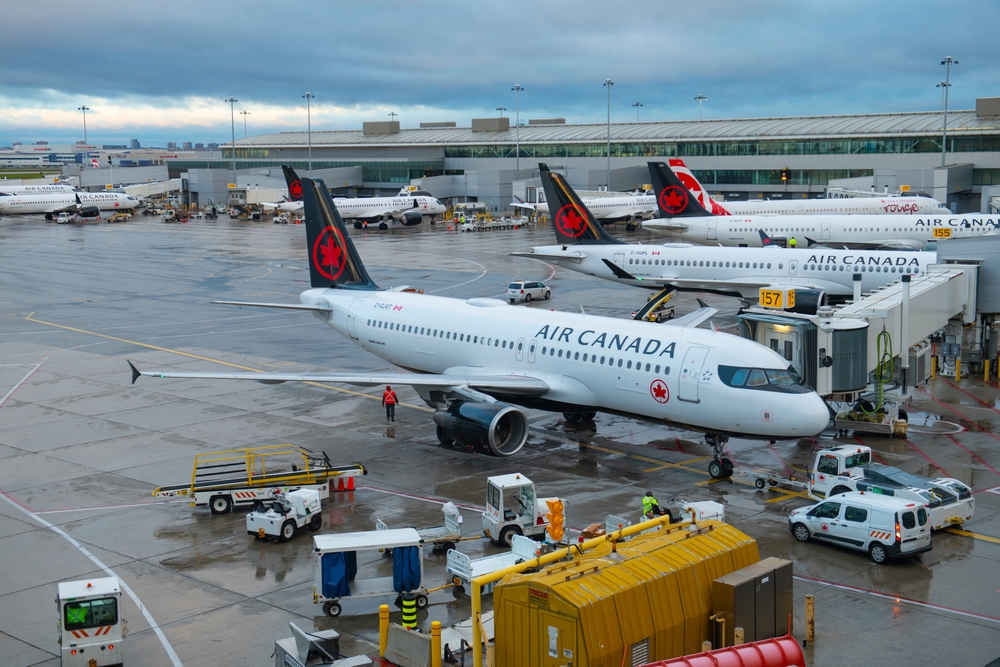
In the early 2000s, Air Canada faced bankruptcy after global crises and years of financial mismanagement. Most believed it would dissolve or be replaced by foreign carriers. Instead, it underwent strategic restructuring, modernized its fleet, and restored profitability. The turnaround made it one of the world’s most respected airlines. By focusing on service, efficiency, and brand renewal, it redefined itself completely. What was once considered a doomed enterprise became a model of resilience. Today, Air Canada’s success story reminds industries that survival isn’t about luck; it’s about leadership, adaptation, and rebuilding with determination.
The Survival of the CBC in the Streaming Era

When streaming platforms like Netflix and Disney+ rose, traditional broadcasters looked doomed. Yet CBC adapted. Through digital expansion, free streaming on CBC Gem, and investment in new creators, it reinvented itself. Despite budget cuts, it stayed relevant by promoting Canadian voices across genres. Its journalistic credibility and commitment to public service kept audiences loyal. Instead of fading, CBC evolved, bridging traditional and modern media successfully. While others disappeared, it persisted as a trusted cultural cornerstone. Its survival against global media giants remains one of Canada’s quiet but impressive modern broadcasting victories.
The Peacekeeping Legacy Born from Crisis
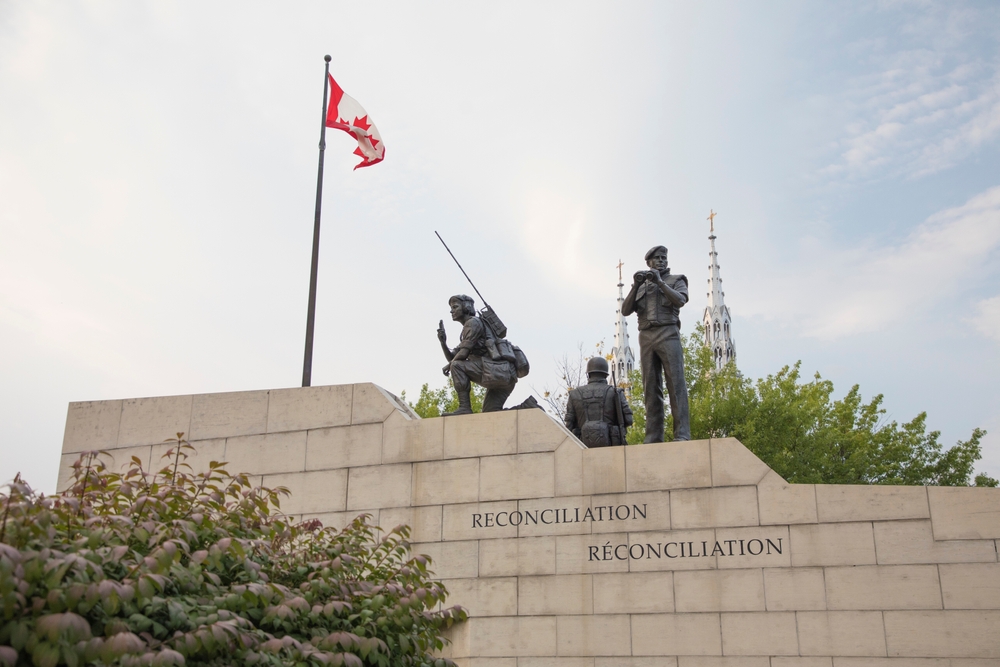
In 1956, the Suez Crisis pushed global powers toward conflict. Then Foreign Minister Lester B. Pearson proposed deploying an international peacekeeping force, a radical idea at the time. The plan prevented war, earned Pearson the Nobel Peace Prize, and redefined global diplomacy. It also shaped Canada’s identity as a peacekeeping nation. What began as a diplomatic gamble became a lasting global framework still used by the United Nations today. The initiative showed that creative problem-solving could influence world politics, proving that one visionary idea from a small country could stabilize entire regions through reason and cooperation.
The Discovery of the Avro Arrow’s Legacy

The cancellation of the Avro Arrow in 1959 was seen as a national tragedy, but its engineers’ legacy turned into a hidden victory. Many went on to NASA, contributing to space exploration and aircraft innovation. Their designs influenced global aerospace development for decades. Though the aircraft never flew commercially, its technology was years ahead of its time. The program’s end became a launchpad for talent that shaped humanity’s reach beyond Earth. What looked like a devastating loss evolved into an enduring symbol of Canadian genius and global influence through perseverance and technical mastery.
The Quebec Nordiques’ Influence After Moving to Colorado

When the Quebec Nordiques relocated to Colorado in 1995, fans felt betrayed. Yet their legacy endured. The team’s foundation of young Canadian talent built the Colorado Avalanche’s immediate success, culminating in a Stanley Cup victory just one year later. Many of the players who lifted that trophy came from Quebec’s development system. Though bittersweet, it highlighted the depth of Canadian hockey excellence even beyond national borders. The Nordiques’ story became proof that Canadian systems and scouting built champions, even when glory relocated. It’s an unexpected win hidden behind the heartbreak of relocation.
The Resilience of Tim Hortons Against Global Giants
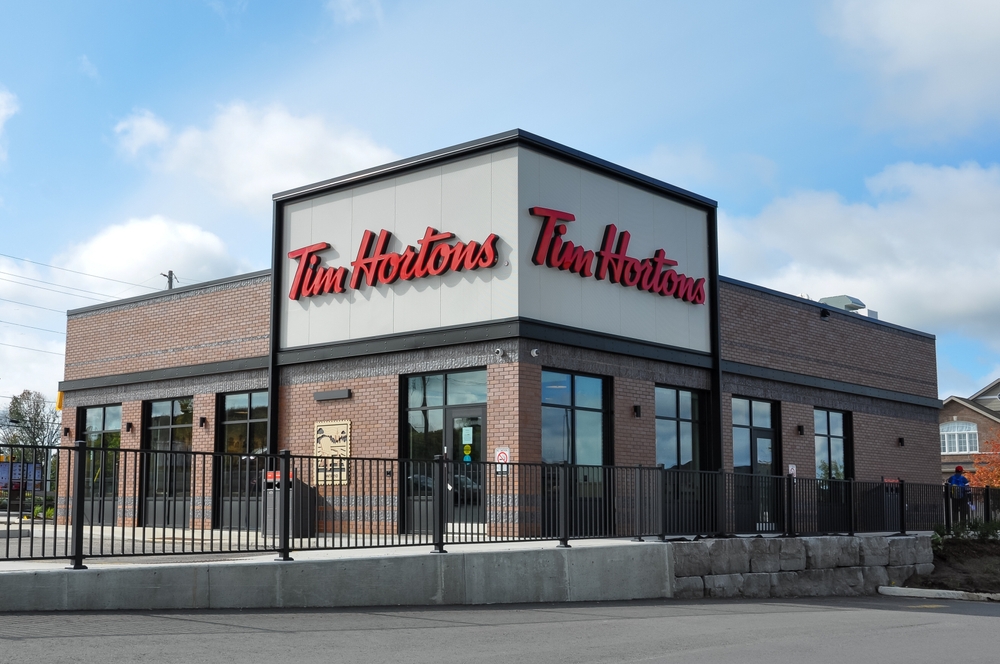
In an era dominated by Starbucks and global coffee giants, few expected Tim Hortons to remain competitive. Yet its simple formula, familiarity, affordability, and community presence, kept it thriving. From small towns to major cities, it became a daily ritual for millions. Its international expansion continues, proving local brands can thrive globally without losing identity. Even through ownership changes and menu updates, Tim Hortons remains a cultural anchor. Its persistence against overwhelming corporate competition is a reminder that authenticity and tradition still matter, making it one of Canada’s most enduring and relatable business victories.
The Global Recognition of Indigenous Filmmakers
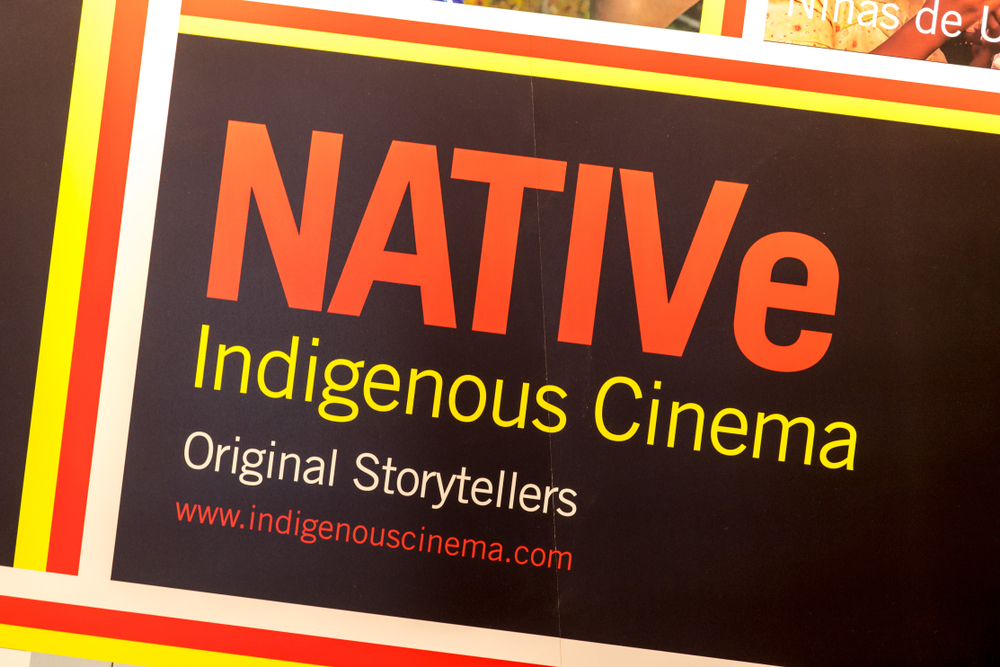
For years, Indigenous filmmakers faced limited opportunities. Yet in recent decades, directors like Jeff Barnaby, Tracey Deer, and Elle-Máijá Tailfeathers broke barriers with powerful stories. Films such as Rhymes for Young Ghouls and Beans earned global recognition, reshaping how Indigenous life is portrayed. These creators challenged stereotypes and inspired inclusive storytelling worldwide. What began as small independent efforts became a movement for representation, education, and empowerment. Mainstream studios didn’t expect their success, but it transformed Canadian cinema, proving that authentic voices can redefine entire industries through truth, talent, and persistence.
The Pandemic-Era Vaccine Manufacturing Comeback

At the start of the COVID-19 pandemic, Canada lacked domestic vaccine production. The country relied on imports, sparking concern. Yet biotech companies like Medicago, AbCellera, and VBI Vaccines quickly stepped up. Through innovation and government collaboration, they developed treatments and manufacturing capacity at record speed. Within months, Canada regained ground in pharmaceutical self-sufficiency. What began as a vulnerability became a display of scientific and logistical strength. The revival of vaccine production marked a turning point for national resilience, proving that local expertise could meet global challenges head-on with precision and purpose.
21 Products Canadians Should Stockpile Before Tariffs Hit

If trade tensions escalate between Canada and the U.S., everyday essentials can suddenly disappear or skyrocket in price. Products like pantry basics and tech must-haves that depend on are deeply tied to cross-border supply chains and are likely to face various kinds of disruptions
21 Products Canadians Should Stockpile Before Tariffs Hit
